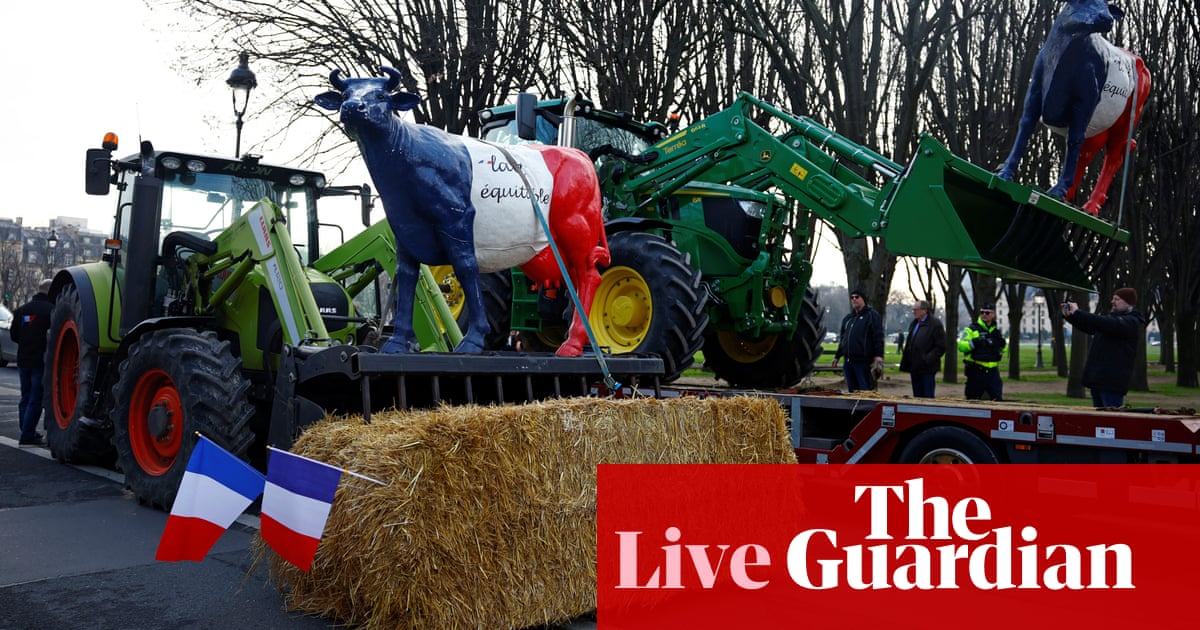
Prosecutors in Belarus have accused the opposition of trying to seize power and opened a criminal case against them, as protests against the 26-year regime of Alexander Lukashenko continue.
The announcement raises the possibility of trials and jail time for the leaders of a coordination council, set up this week, that includes opposition politicians, factory representatives and the Nobel prize-winning author Svetlana Alexievich.
It held its first meeting on Wednesday and called for fresh elections and negotiations with authorities, but Lukashenko has dismissed its demands as a western-backed coup attempt.
“The creation and the activities of the coordination council are aimed at seizing power and inflicting damage to national security,” said the prosecutir general, Alexander Konyuk, on Thursday. He said investigators had started a investigation into “calls for actions aimed at undermining national security”, which carries a jail term of up to five years. Lukashenko promised earlier in the week to take measures “to cool down a few hot heads” linked to the council.
The council announced that one of its members, Maxim Znak, had been summoned for questions on Friday morning. It also released a statement saying all of its plans and activities were within the law.
Pavel Latushko, a former culture minister who is one of the seven members of the presidium of the coordination council, said he had been threatened repeatedly in recent days and strongly advised to leave the country. Overnight, he had paint thrown over his house.
“We have asked clearly for dialogue with the authorities and all the allegations against us are untrue,” he said in a telephone interview. He said the council would continue its work and added that he had no intention of leaving the country.
“What choice do we have? Should we just give up and say everything is fine, everything will stay as it was? No, that’s not possible, for the simple reason that inside people something has already changed,” he said.
Protests have grown since Lukashenko claimed re-election with 80% of the vote earlier this month, a result most believe was rigged. The results led to protests, in which more than 7,000 people were arrested and many of them beaten severely.
Exiled opposition politician Svetlana Tikhanovskaya, who according to official results only got 10% of the vote, has said she is ready to become an interim leader while fresh elections are prepared, but Lukashenko has made it clear this week he has no intention of giving up power.
After the biggest protest in the country’s recent history on Sunday, optimism was high for quick political change, but the criminal investigation, along with a televised command from Lukashenko to “restore order” in Minsk and other cities, suggest a new crackdown is on the way.
The crisis in Belarus has prompted a flurry of diplomacy, with European leaders backing the opposition and Moscow warning the west not to intervene.
Both Angela Merkel and Emmanuel Macron have spoken to the Russian president, Vladimir Putin, about the situation, and Merkel also said she tried to speak to Lukashenko but he refused to take her call.
The Lithuanian government has referred to Lukashenko as the “former president of Belarus”, and on Wednesday a meeting of the EU’s 27 leaders ended with a statement that the bloc did not recognise the results of the elections.
Charles Michel, the European council president, spoke to Vladimir Putin on Thursday. “There is only one way forward: through political inclusive dialogue & a peaceful and democratic process,” he tweeted.
Since being forced to flee for Lithuania the day after the vote, Tikhanovskaya has been largely absent from public view, only surfacing in a number of video appeals to Belarusians. On Thursday, however, she met with the Lithuanian prime minister, Saulius Skvernelis, and has announced plans for a press conference on Friday.












